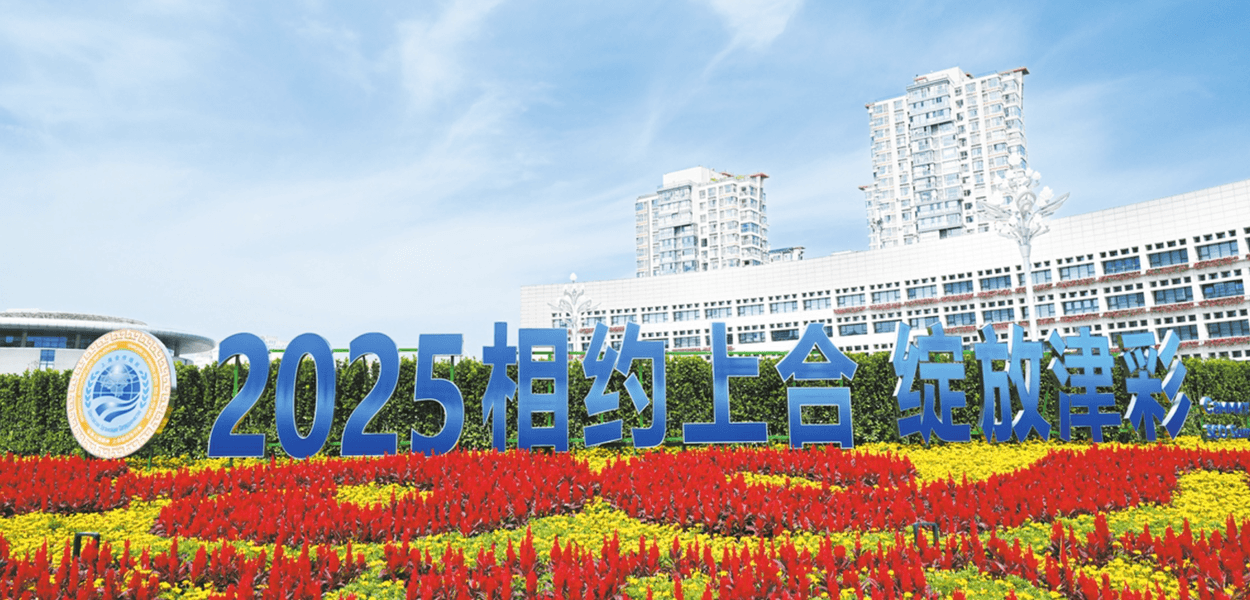247 – The Shanghai Cooperation Organization (SCO) 2025 Summit will take place in Tianjin, China, from August 31 to September 1, bringing together more than 20 foreign leaders and heads of 10 international organizations on the banks of the Haihe River. The meeting, attended by heads of state, government leaders, observers, and dialogue partners, marks the largest event in the organization's history since its creation in 2001. This information is from an editorial published by Global Times.
During the welcome banquet, Chinese President Xi Jinping highlighted the summit's historic role:"This meeting carries the important mission of building consensus, unleashing the momentum of cooperation, and charting a course for development," he stated. For Xi, the SCO, which was created to resolve regional security dilemmas and promote joint development, has become a symbol of a new type of international relations.
The strength of the “Shanghai Spirit”
Founded in 2001, the SCO began with six members and today brings together 10 countries, two observers, and 14 dialogue partners, making it the world's largest regional organization in terms of geographic coverage and population. Over the course of 24 years, the so-called"Shanghai Spirit"—based on mutual trust, shared benefit, equality, consultation, respect for diversity, and the pursuit of common development—has established itself as a viable alternative to the confrontational model inherited from the Cold War.
According to the editorial, the principle of"genuine multilateralism" sets the SCO apart in a context of erosion of multilateral institutions promoted by Western powers."Multilateralism is not outdated; on the contrary, it has become the SCO's institutional competitiveness," the text points out.
Cooperation in security and development
The SCO was founded with a focus on combating terrorism, separatism, and extremism. Today, it expands its reach to areas such as trade and investment, energy, the digital economy, modern agriculture, and green development. This expansion, according to the publication, demonstrates that genuine multilateralism strengthens both security and shared prosperity.
In 2024, trade between China and SCO countries—including members, observers, and partners—reached US$890.3 billion, approximately 14.4% of China's total foreign trade. Furthermore, projects such as the Luban workshops in Kazakhstan, the introduction of apple seedlings in Uzbekistan, and the Lifeline Express eye surgery program illustrate concrete benefits of cooperation.
Multilateralism in defense of peace
The summit coincides with symbolic dates: the 80th anniversary of victory in the Chinese People's War of Resistance against Japanese aggression and the founding of the UN. For Xi Jinping, this context reinforces the SCO's role as a defender and practitioner of multilateralism:"History has shown that multilateralism, solidarity, and cooperation are the correct response to global challenges," he said in a meeting with UN Secretary-General António Guterres.
Representing about half the world's population and a quarter of the global economy, SCO countries, according to Xi, should"strengthen unity and cooperation to promote the building of a community with a shared future." The editorial concludes that this path not only ensures regional development but also injects stability and positive energy into the international arena.

